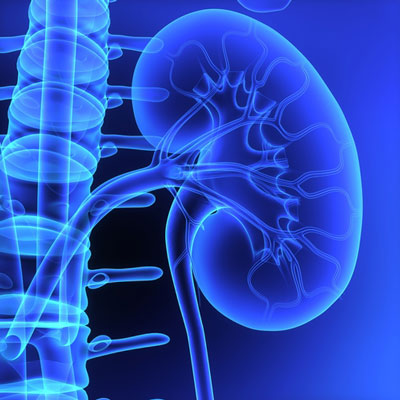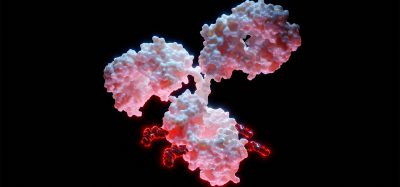Peloton Therapeutics presents promising data on PT2385, the first Inhibitor of HIF-2a for renal cell carcinoma
Posted: 20 April 2015 | Victoria White
Peloton presented promising preclinical data on PT2385, the first Inhibitor of HIF-2a for renal cell carcinoma, at AACR 2015…


Peloton Therapeutics, a drug discovery and development company focused on advancing first-in-class small molecule cancer therapies targeting unexploited molecular vulnerabilities, presented promising preclinical data on its lead investigational candidate PT2385 at the American Association for Cancer Research Annual Meeting.
PT2385 is the first clinical stage antagonist of hypoxia inducible factor-2a (HIF-2a), a transcription factor implicated in the development and progression of renal cancer.
“HIF-2a can act as a tumorigenic driver in cancer. As a transcription factor HIF-2a has historically been seen by the scientific community as impossible to directly target” said Eli Wallace Ph.D., Vice President of Chemistry for Peloton. “Our preclinical evidence indicates that PT2385 is potent selective and readily absorbed. We believe this programme has the potential to become a significant therapy for renal cancer.”
Preclinical data indicate that orally bioavailable PT2385 disrupts HIF-2a activity in ccRCC
PT2385 is currently being investigated in a Phase 1 clinical trial for the treatment of advanced or metastatic clear cell renal cell carcinoma (ccRCC). Loss of the von Hippel-Lindau tumour suppressor (VHL) is the key oncogenic event in up to 95% of patients with ccRCC. With the loss of the VHL protein (pVHL) the transcription factor HIF-2a accumulates and drives the unbalanced expression of numerous gene products. Preclinical data indicate that orally bioavailable PT2385 disrupts HIF-2a activity in ccRCC and thereby blocks the expression of multiple tumorigenic factors responsible for unrestrained cancer cell growth and proliferation tumour angiogenesis and suppression of anti-tumour immune responses characteristic of ccRCC.
“Loss of VHL and resulting activation of HIF-2a is the signature driving event in clear cell renal cell carcinoma but HIF-2a had been largely dismissed as ‘undruggable’ which is one reason the potential of PT2385 is so exciting” remarked William G. Kaelin Jr. M.D., Professor in the Department of Medicine at the Dana-Farber Cancer Institute Harvard Medical School, a scientific advisor to Peloton and a noted expert on VHL and hypoxia inducible factors. “PT2385 is the first molecule to advance to the clinic that binds directly and specifically to HIF-2a and potently inhibits its transcriptional activity.”
Related topics
Drug Discovery, Oncology
Related organisations
Cancer Research








